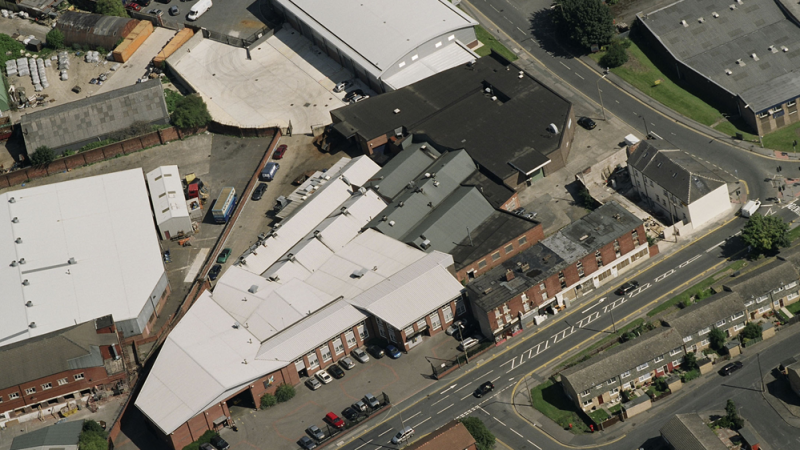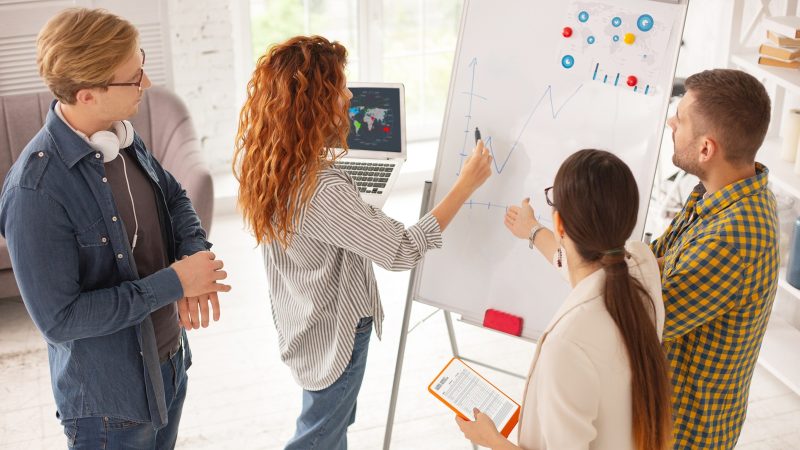A well-planned workspace shapes how employees interact with their surroundings and colleagues. Efficient office design improves productivity, job satisfaction, and staff retention. In a competitive environment where every detail matters, investing in an office fit-out encourages creativity and supports business growth. This transformation goes beyond appearance, focusing on functionality and employee well-being. As a result, the demand for office fit-outs in Liverpool continues to grow among modern businesses.
The Impact of Workspace Design on Productivity
The layout of a workspace directly affects how employees perform each day. A well-designed office, shaped by employee feedback, promotes both collaboration and concentration. Elements such as lighting, furniture placement, and colour influence mood, either boosting or hindering motivation. Prioritising these factors helps businesses create an environment that improves both productivity and morale.
Understanding the psychological effects of workspace design allows businesses to make informed changes that enhance performance and lower turnover. For example, a bright, welcoming space reduces stress and fatigue, helping employees stay focused. Flexible office layouts with quiet zones for concentration and shared areas for teamwork support the varied needs of a modern workforce.
Making a Case for Sustainable Design Practices
Sustainability has become a key focus for many businesses. Integrating eco-friendly design benefits both employees and long-term operational costs. Using sustainable materials, energy-efficient systems, and environmentally responsible furniture should be a priority in office planning.
A strong commitment to sustainability can also attract clients and employees who value environmental responsibility. Businesses that adopt green practices often benefit from lower energy costs and increased productivity. Highlighting these efforts in office refurbishments can strengthen a company’s reputation as a forward-thinking organisation.
For companies aiming to create efficient and sustainable workspaces, working with industry experts is essential. Collaborating with professionals for an office fit out in Liverpool ensures that office spaces are both functional and aligned with modern sustainability trends.
The Role of Office Refurbishment in Keeping Up with Market Trends
As industries evolve, businesses must update their workspaces to remain competitive. Regular refurbishment helps attract and retain skilled professionals who seek modern, well-equipped offices. Outdated environments may limit a company’s ability to appeal to top talent.
A successful refurbishment requires an understanding of market trends and employee expectations. Incorporating sustainable design demonstrates corporate responsibility and appeals to eco-conscious employees. These efforts can enhance brand reputation and strengthen loyalty among clients and staff.
Effective Project Management for Office Fit-Outs
Managing an office fit-out requires strong project oversight to maintain timelines and budgets without compromising quality. Successful execution depends on collaboration between designers, contractors, and business leaders. Effective project management helps prevent delays and address challenges that may arise. A structured approach ensures that the project stays on track while meeting both aesthetic and functional goals.
Businesses should define their objectives early and set clear timelines. Regular communication ensures all stakeholders stay aligned with project goals. A phased approach to construction can also minimise disruptions, allowing operations to continue during the refurbishment.
Risk assessment and contingency planning help anticipate potential setbacks, ensuring smooth execution. Investing in experienced project managers or fit-out specialists can also streamline decision-making and enhance efficiency. Using digital tools for project tracking can improve transparency and accountability, keeping all teams informed throughout the process.
Aligning Business Strategy with Workspace Design
An office should reflect and support a company’s strategy. Every design element, from layout to furniture selection, should enhance efficiency and align with organisational objectives. A well-designed space encourages collaboration, innovation, and team cohesion. When office design aligns with business goals, it creates an environment that supports both employee productivity and company growth.
Business leaders should regularly evaluate how their workspaces serve their strategic vision. Do the layouts encourage teamwork? Are they equipped for productivity? Answering these questions helps guide improvements that keep the office functional and future-ready. Adapting office layouts based on workforce needs, such as incorporating remote-friendly setups or flexible workstations, can enhance agility. Additionally, integrating branding elements into the design can strengthen the company’s identity and culture, making the space more engaging for employees and visitors alike.
Investing in smart office design offers lasting benefits. In Liverpool, where businesses continually adapt, well-planned office fit-outs help maintain relevance and competitiveness. Thoughtful design decisions can future-proof a workspace, allowing it to evolve alongside business needs.
The Importance of Employee Well-Being in Office Design
A well-designed workspace does more than look good. It directly affects productivity and job satisfaction. Features like ergonomic furniture, natural light, and quiet areas for focused work enhance comfort and reduce stress. Prioritising employee well-being in office layouts fosters a positive work culture, leading to higher engagement and retention.
Adding greenery, such as plants or living walls, improves air quality and creates a more relaxing atmosphere. Thoughtfully designed communal spaces encourage social interaction, strengthening team relationships. Businesses aiming to attract and retain skilled professionals should view these elements as essential.







